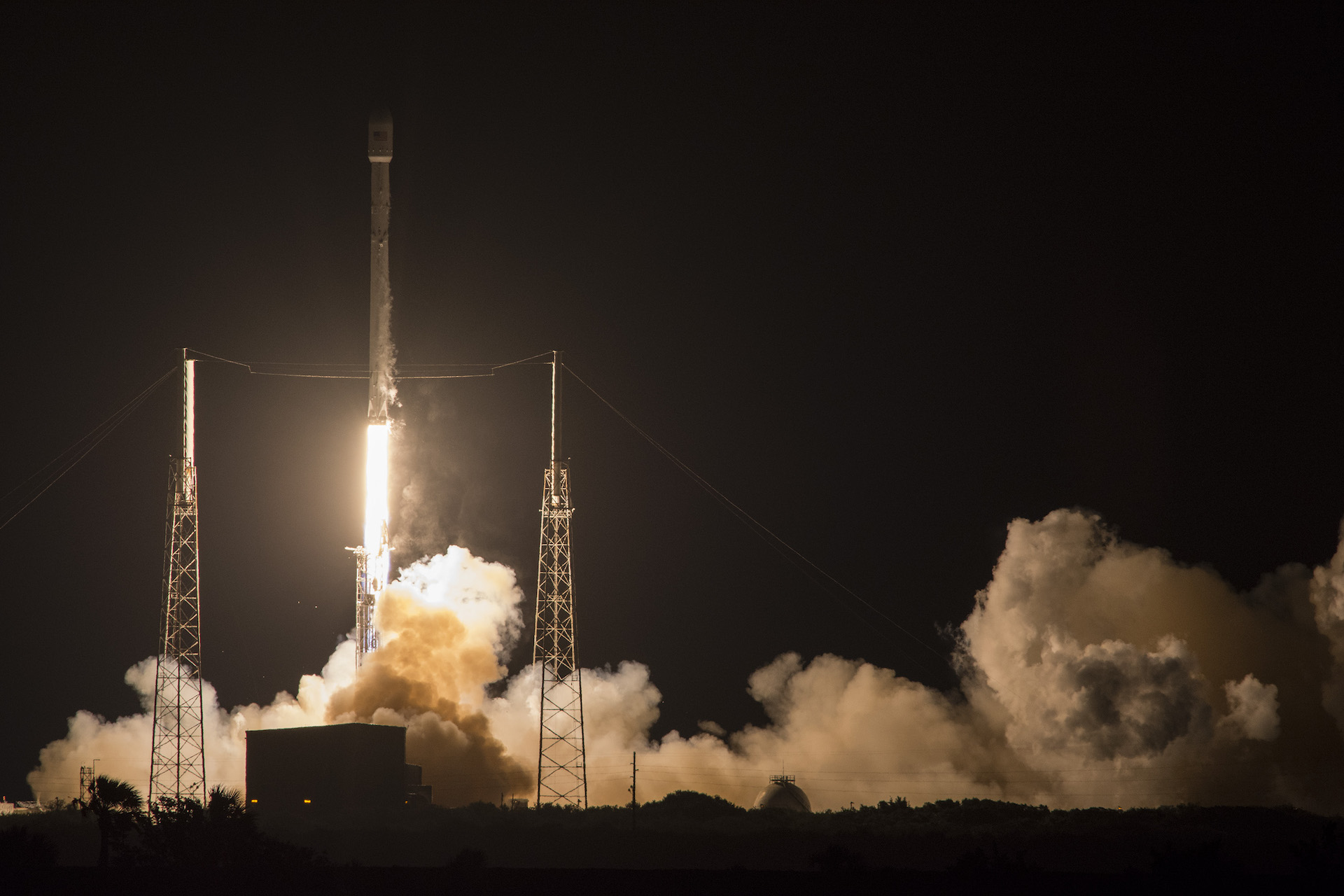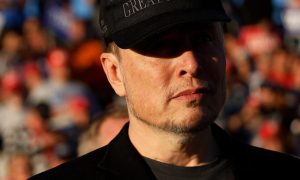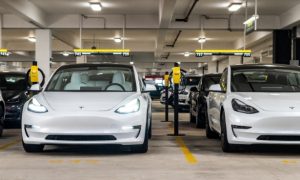Tesla and SpaceX CEO Elon Musk had a secret meeting at the Pentagon with Defense secretary Ash Carter to discuss technology and “what’s going on in the world of innovation”. According to a report coming out of CNN, Carter is looking to build relationships with America’s technology community and explore opportunities that would involve private sector to participate in government-initiated space and defense programs.
CNN states that Carter has made several trips in the past to Silicon Valley in an effort to court private tech companies, and going as far as establishing a Defense Innovation Unit Experimental (DIUX) in tech heavy Silicon Valley and Boston that would allow the Pentagon “to better tap into the region’s innovation ecosystem and build relationships with local companies.”
Though Carter and Musk provided no commentary to reporters after Wednesday’s meeting at the Pentagon, Defense Department spokesman Peter Cook told reporters that Carter “has been reaching out to a number of members of the technology community to get their ideas, their feedback, find out what’s going on in the world of innovation.”
The Pentagon is looking to incorporate innovative technology into its defense programs while SpaceX is looking to secure larger government contracts. Together they share mutual benefits which we can presume would be the main driving force behind the secret meeting.
SpaceX and the U.S. Department of Defense
Musk’s SpaceX was certified to launch rockets for the government’s military space program last year, joining the long-running contract held by United Launch Alliance (ULA), a joint venture between legacy defense giants Boeing and Lockheed Martin. However, virtually all large military satellites launched by the ULA use RD-180 engines purchased from Russia’s Energomash, which is majority owned by the Russian government.
After Russia’s 2014 actions in Crimea, the US slapped economic sanctions on it and Energomash. They in turn decided they would not sell any more rocket engines to ULA. US Congress responded by prohibiting the US military from using any Russian rocket engines to launch its satellites. But with no rockets means no satellite launches. Congress relented and approved a bill that provided ULA the rights to buy a supply of RD-180s in order to keep the military satellite launch business running.
Last month, the Pentagon awarded SpaceX its first contract to send a GPS satellite into orbit after the company undercut the ULA’s price by 40 percent, effectively ending a long-standing monopoly on launching military satellites held by the Boeing-Lockheed joint venture.











